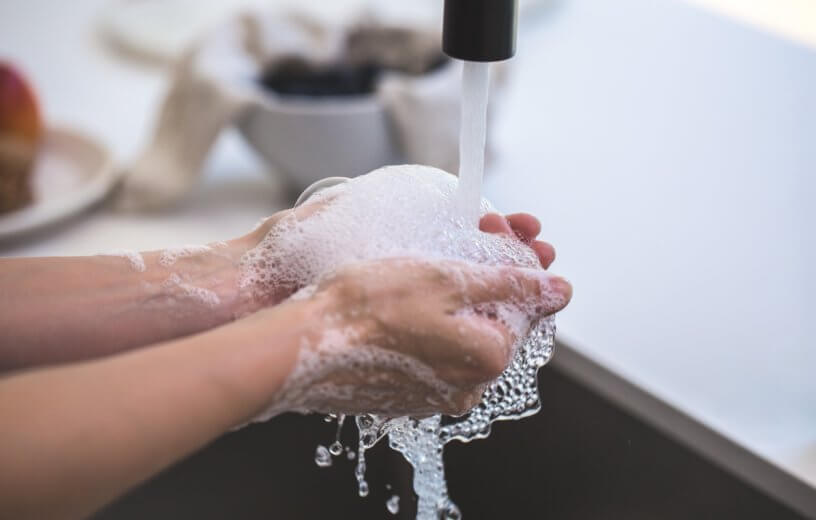Researchers say regularly washing hands, cleaning surfaces would reduce need for antibiotics — which would slow the growing problem of antibiotic-resistant bacteria.
CARDIFF, United Kingdom — The coronavirus pandemic has changed many aspects of everyday life, including our focus on personal hygiene. A new report says keeping yourself and your surroundings clean isn’t just helping fight COVID-19, it may keep you from needing antibiotics after the crisis ends.
A paper released on behalf of the Global Hygiene Council (GHC) says basic hygiene practices like washing hands and cleaning surfaces at home can cut the risk of common infections by 50 percent. The decrease makes it 30 percent less likely you’ll need antibiotics to battle an infection.
Researchers say more than a third of the bacteria found by healthcare facilities and in the community are resistant to antibiotics. About 2,000 people are estimated to die from antimicrobial resistance (AMR) every day worldwide.
The paper, published in the American Journal of Infection Control, adds that this is a critical time to spread awareness about proper hygiene practices, both at home and in your local community.
“In light of the current COVID-19 pandemic and evidence presented in this Paper, it is more urgent than ever for policy makers to recognize the role of community hygiene to minimize the spread of infections,” lead author Jean-Yves Maillard of Cardiff University said in a statement.
Maillard adds that better hygiene keeps the need for antibiotic prescriptions down and fights against the creation of drug-resistant bacteria. One study cited in the paper found a group using hand sanitizer needed 30 percent fewer antibiotic prescriptions for common respiratory infections compared to a group not using sanitizer.
The GHC also released their own manifesto for improving global hygiene, including these steps:
- Improving the hygiene recommendations in the global plans to combat AMR by 2022.
- Training and education for healthcare workers should be expanded to include hygiene practices outside of their workplace.
- Making sure all members of the medical community receive updated hygiene education.
Researchers say following proper hygiene practices at home is critical to staying healthy. According to the GHC manifesto, 80 percent of salmonella infections occur in a private home.
A cleaner community won’t just keep the antibiotic stockpiles full, researchers say the benefits will be felt in a patient’s wallet too. “In the US alone, implementing improved hygiene strategies in the home have been shown to save $138 million in direct medical costs,” the GHC manifesto added.
